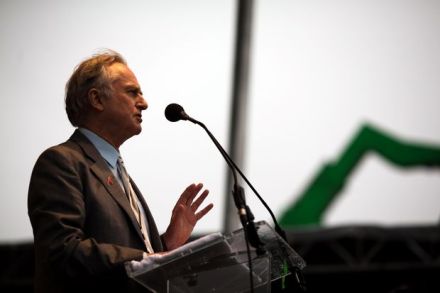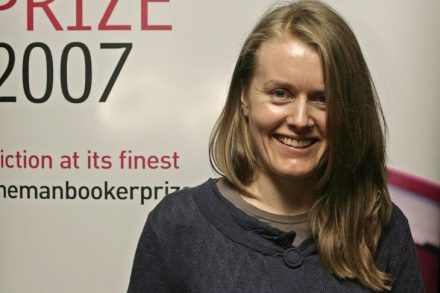Love at first sight | 30 November 2017
The novelist Mary Wesley never forgot the night of 26 October 1944. She was then 32, locked in a loveless marriage to ‘a perfectly nice but remarkably boring’ barrister, Lord Swinfen, and was dining at the Ritz with a friend from MI6 — she had worked there in April 1940, decoding the positions of German regiments — when she looked up and saw, seated at another table, the Royal Marines captain whom she had met only a few hours earlier at Les Ambassadeurs. ‘He kept sending me notes through dinner saying, “You can’t stay with that old bore. Come dancing.”’ Which she did. After he had escorted her back through




















